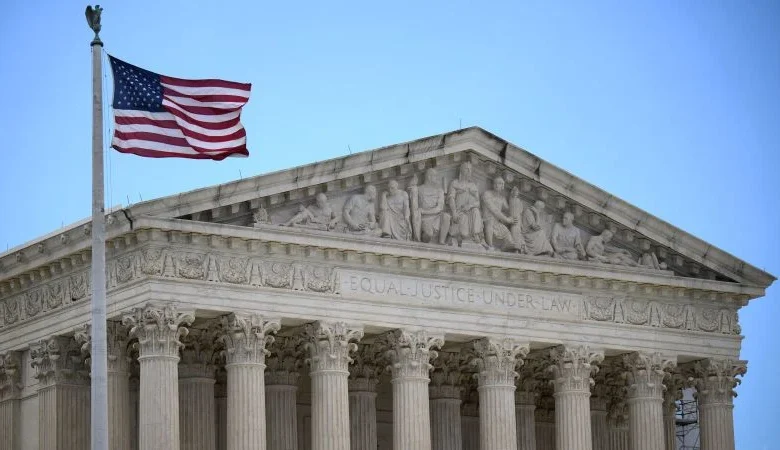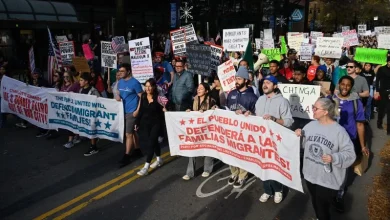Supreme Court oral arguments on Trump tariffs

Because the Supreme Court appeal over President Donald Trump’s tariffs involves relatively novel legal issues, all nine justices will be closely scrutinized as they begin firing questions at the attorneys standing before them on Wednesday.
But Justice Brett Kavanaugh may be particularly important to watch. The Trump nominee – who, along with Chief Justice John Roberts, is often in the majority more than any of the nine – just last year suggested that one of the key arguments raised by the businesses challenging Trump may not apply in the context of foreign affairs.
The plaintiffs who sued Trump have argued that the so-called “major questions doctrine” should help decide the case in their favor. That doctrine requires an administration to demonstrate that Congress explicitly intended for the government to wield certain powers when it comes to matters of immense economic or political significance.
In this case, the businesses challenging Trump say the law is not even close to clear.
But, just last year, in an unrelated case, Kavanaugh stressed in a concurring opinion that the doctrine hasn’t traditionally been applied when it comes to foreign affairs.
“The major questions canon has not been applied by this court in the national security or foreign policy contexts, because the canon does not reflect ordinary congressional intent in those areas,” Kavanaugh wrote. On the contrary, he said, the “usual understanding” is that Congress gives a president “substantial authority and flexibility to protect America and the American people” in those contexts.
Roberts has also embraced the “major questions” doctrine in important cases, and the chief justice often writes high-profile opinions involving foreign affairs. Both of those factors make Roberts another important figure to watch.





